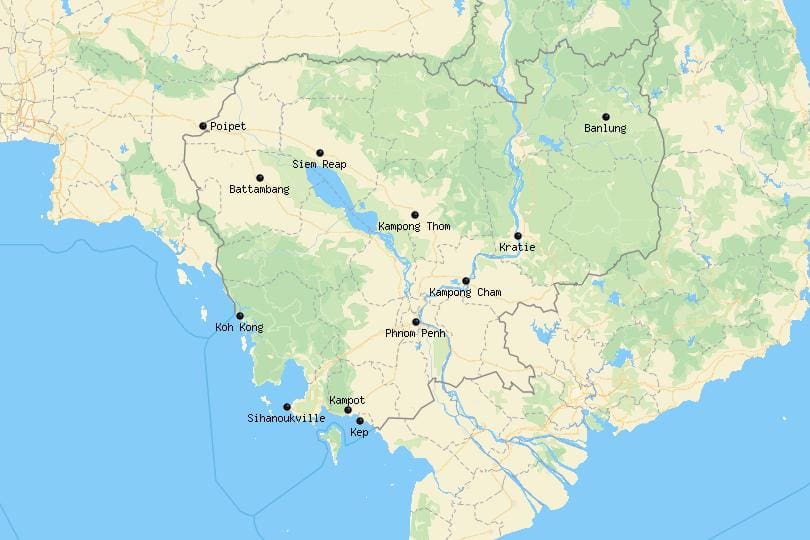The National Research Centre on Camel (NRCC) is an esteemed research institution in Bikaner, Rajasthan, dedicated to the advancement of research and development of camel and camel-based products. Established in 1984 by the Indian Council of Agricultural Research (ICAR), the center aims to promote sustainable camel farming, create innovative camel-based products, and enhance the socio-economic status of camel breeders. This article provides a comprehensive overview of the NRCC’s objectives, research areas, and achievements.
Objectives of the NRCC
The NRCC’s primary objective is to conduct research and development activities for the sustainable utilization of camels and their products. Its specific objectives include:
1. Improving camel productivity and reproduction
The NRCC conducts research to enhance the genetic potential of camels, improve their reproductive efficiency, and reduce the mortality rate of calves. It has developed several breeding strategies, including cross-breeding with high-yielding camel breeds, artificial insemination, and embryo transfer.
2. Developing camel-based products
The NRCC focuses on developing innovative camel-based products to enhance the socio-economic status of camel breeders. It has developed several value-added products, including camel milk powder, ice cream, soap, and leather products.
3. Promoting sustainable camel farming
The NRCC aims to promote sustainable camel farming practices that are environmentally friendly, socially acceptable, and economically viable. It conducts research on improving camel nutrition, health, and management practices.
4. Providing technical support to stakeholders
The NRCC provides technical support to camel breeders, dairy entrepreneurs, and other stakeholders. It offers training, consultancy, and extension services to enhance their knowledge and skills in camel farming and product development.
Research areas of the NRCC
The NRCC conducts research in various areas related to camel farming, production, and utilization. Its research areas include:
1. Camel genetics and breeding
The NRCC conducts research to improve the genetic potential of camels, enhance their reproductive efficiency, and develop new breeds through crossbreeding.
2. Camel nutrition and feeding
The NRCC conducts research on improving the nutritional status of camels, developing balanced diets, and enhancing their feed conversion efficiency.
3. Camel health and disease management
The NRCC conducts research on camel health, disease diagnosis, prevention, and treatment. It also focuses on developing vaccines for camel diseases.
4. Camel product development
The NRCC conducts research on developing innovative and value-added camel products, including milk and meat-based products, leather products, and medicinal products.
5. Camel socio-economics
The NRCC conducts research on the socio-economic status of camel breeders, their livelihoods, and the impact of camel farming on the environment and society.
Achievements of the NRCC
The NRCC has made significant contributions to the development of camel farming and product utilization. Its major achievements include:
1. Development of high-yielding camel breeds
The NRCC has developed several high-yielding camel breeds through crossbreeding, artificial insemination, and embryo transfer. These breeds have significantly improved camel productivity and milk yield.
2. Development of innovative camel products
The NRCC has developed several innovative and value-added camel products, including camel milk powder, ice cream, soap, and leather products. These products have enhanced the socio-economic status of camel breeders and entrepreneurs.
3. Capacity building of stakeholders
The NRCC has provided technical support, training, and extension services to camel breeders, entrepreneurs, and other stakeholders. It has enhanced their knowledge and skills in camel farming and product development.
4. Conservation of endangered camels
The NRCC has been actively involved in the conservation of endangered camel breeds, including the Bactrian camel and the Kharai camel. It has developed breeding programs, gene banks, and conservation strategies to protect these breeds from extinction.
The Bactrian camel is a critically endangered species, and the NRCC has been successful in developing breeding programs to improve its population. The center has also developed a gene bank for Bactrian camels, which is essential for their conservation and genetic improvement.
The Kharai camel is a unique breed found in the coastal regions of Gujarat and Rajasthan, which is adapted to saline water and is an important source of milk and meat. The NRCC has conducted research on the breeding, nutrition, and management practices of Kharai camels, which has led to its conservation and sustainable utilization.
Overall, the NRCC’s efforts in conserving endangered camel breeds have been commendable and have contributed significantly to their protection and improvement.
Conclusion
The National Research Centre on Camel, Bikaner, is a renowned research institution that has made significant contributions to the development of camel farming, product utilization, and conservation. Its objectives of promoting sustainable camel farming, developing innovative camel-based products, and enhancing the socio-economic status of camel breeders are commendable. Its research areas, including genetics, nutrition, health, product development, and socio-economics, are comprehensive and have contributed to the advancement of camel science. The NRCC’s achievements, including the development of high-yielding camel breeds, innovative camel products, capacity building of stakeholders, and conservation of endangered camel breeds, are noteworthy. The center’s efforts have contributed significantly to the socio-economic development of camel breeders and entrepreneurs and have enhanced the sustainability of camel farming.
FAQs
- What is the National Research Centre on Camel, Bikaner?
- The National Research Centre on Camel is a research institution in Bikaner, Rajasthan, dedicated to the development of camel farming, product utilization, and conservation.
- What are the objectives of the NRCC?
- The objectives of the NRCC include promoting sustainable camel farming, developing innovative camel-based products, and enhancing the socio-economic status of camel breeders.
- What are the research areas of the NRCC?
- The NRCC’s research areas include camel genetics and breeding, nutrition and feeding, health and disease management, product development, and socio-economics.
- What are the achievements of the NRCC?
- The NRCC’s achievements include the development of high-yielding camel breeds, innovative camel products, capacity building of stakeholders, and conservation of endangered camel breeds.
- What is the significance of the NRCC’s research?
- The NRCC’s research is significant as it contributes to the development of camel science, enhances the sustainability of camel farming, and improves the socio-economic status of camel breeders and entrepreneurs.

















